Everybody always says learning Chinese is super tough, especially for new learners. One of the most challenging parts is that there are so many characters with similar pinyin but different tones, or similar pronunciations with subtle differences.
To tackle this challenge, one fun way to practice and master tones and pronunciations is by learning Chinese tongue twisters - not only will you be able to practice your pronunciation, but also explore some of China's history and culture along the way! These fun tongue twisters will help you master Chinese pronunciation. It might even help you learn new Chinese characters. Here are twelve popular Chinese tongue twisters that every Chinese learner should know:
1. 扁担与板凳 Bench and Pole - Classic Tongue Twister for b/d Initials
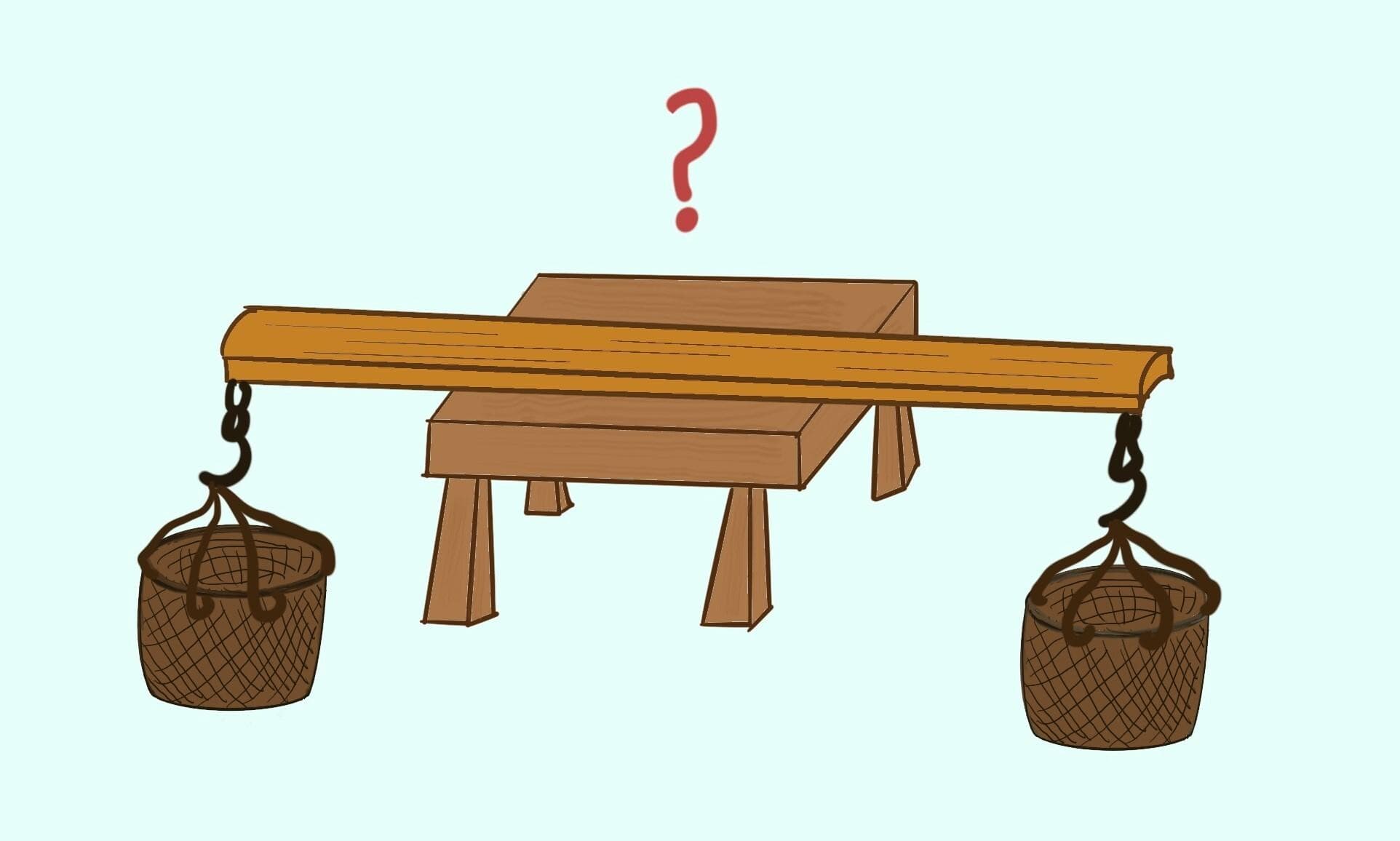
This classic tongue twister focuses on b and d initials (pinyin word beginnings). It is one of the most well-known tongue twisters, and even young children know how to recite it. There is also a Chinese pop song called 中国话 (Chinese language) by Taiwanese girl group S.H.E that used this tongue twister as part of the song.
扁担 (biǎn dàn, pole) refers here to a bamboo pole that is placed on the shoulders, which is commonly used by farmers to carry goods to sell in the market, like fruits and vegetables.
板凳宽,扁担长。
扁担没有板凳宽,
板凳没有扁担长。
扁担要绑在板凳上,
板凳不让扁担绑在板凳上,
扁担偏要扁担绑在板凳上。
板凳偏不让扁担绑在板凳上。
你说最后扁担到底绑没绑在板凳上。
The bench is wide and the pole is long.
The pole is not as wide as the bench, and the bench is not as long as the pole.
The pole wants to be tied to the bench, the bench does not allow the pole to be tied to the bench, and the pole must be tied to the bench.
The bench must not allow the pole to be tied to the bench.
What do you say in the end if the pole was tied to the bench or not?
2. 八百标兵 Eight Hundred Soldiers - Classic Tongue Twister for b/p Initials
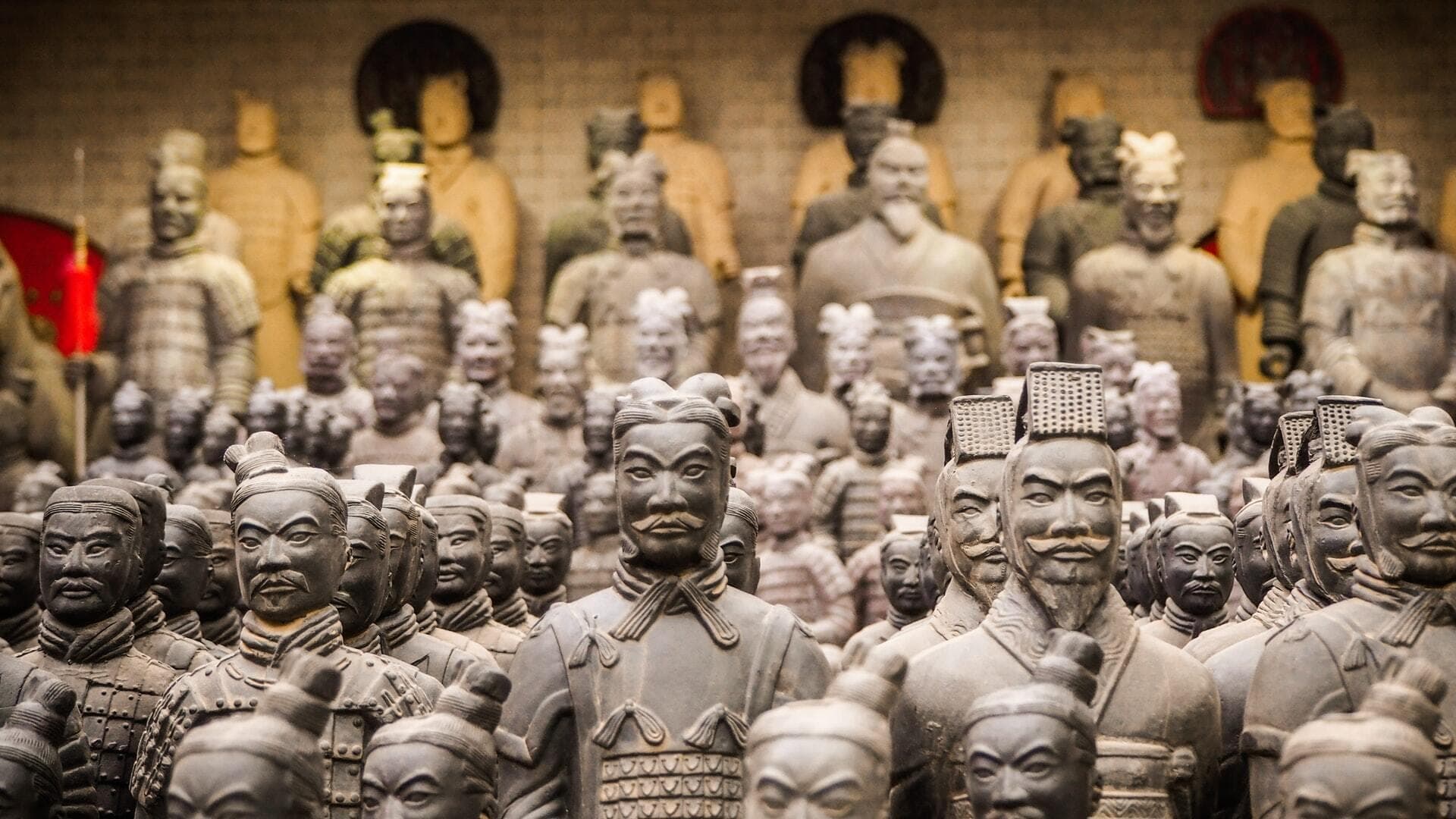
This is a classic folk tongue twister for b and p initials, which tells a silly story about soldiers training for battle. It is written in a form similar to a seven-character quatrain, a type of Chinese ancient poetry. However, the origin of this tongue twister is unknown, nor the time period it came about - but it's likely a few hundred (if not thousand) years old.
八百标兵奔北坡,北坡炮兵并排跑。
炮兵怕把标兵碰,标兵怕碰炮兵炮。
Eight hundred pacesetters ran to the north slope, and the artillerymen on the north slope ran side by side.
The artillerymen are afraid of touching the pacesetters, and the pacesetters are afraid of touching the artillery guns.
3. 葡萄皮儿Grape Skin - Simple Tongue Twister for b/p Initials
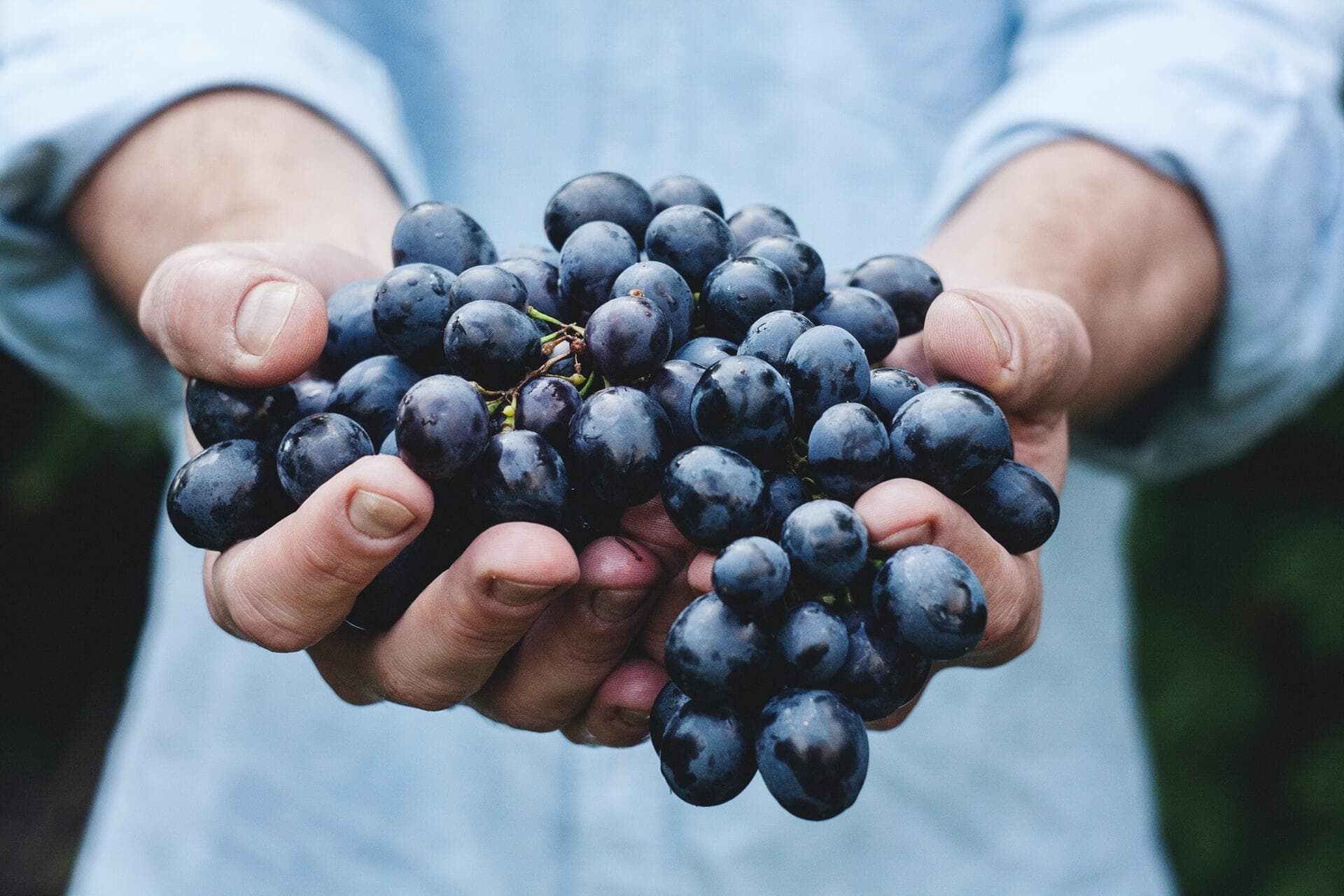
It's a short yet popular tongue twister, also for b and p initials like the one above. It's a silly yet catchy line about eating grapes, fun to practice but don't expect it to make much logical sense!
吃葡萄不吐葡萄皮儿,不吃葡萄倒吐葡萄皮儿。
Eat grapes without spitting up grape skins, but spit up grape skins without eating grapes.
4. 四和十 Four and Ten - Tongue Twister for Si and Shi
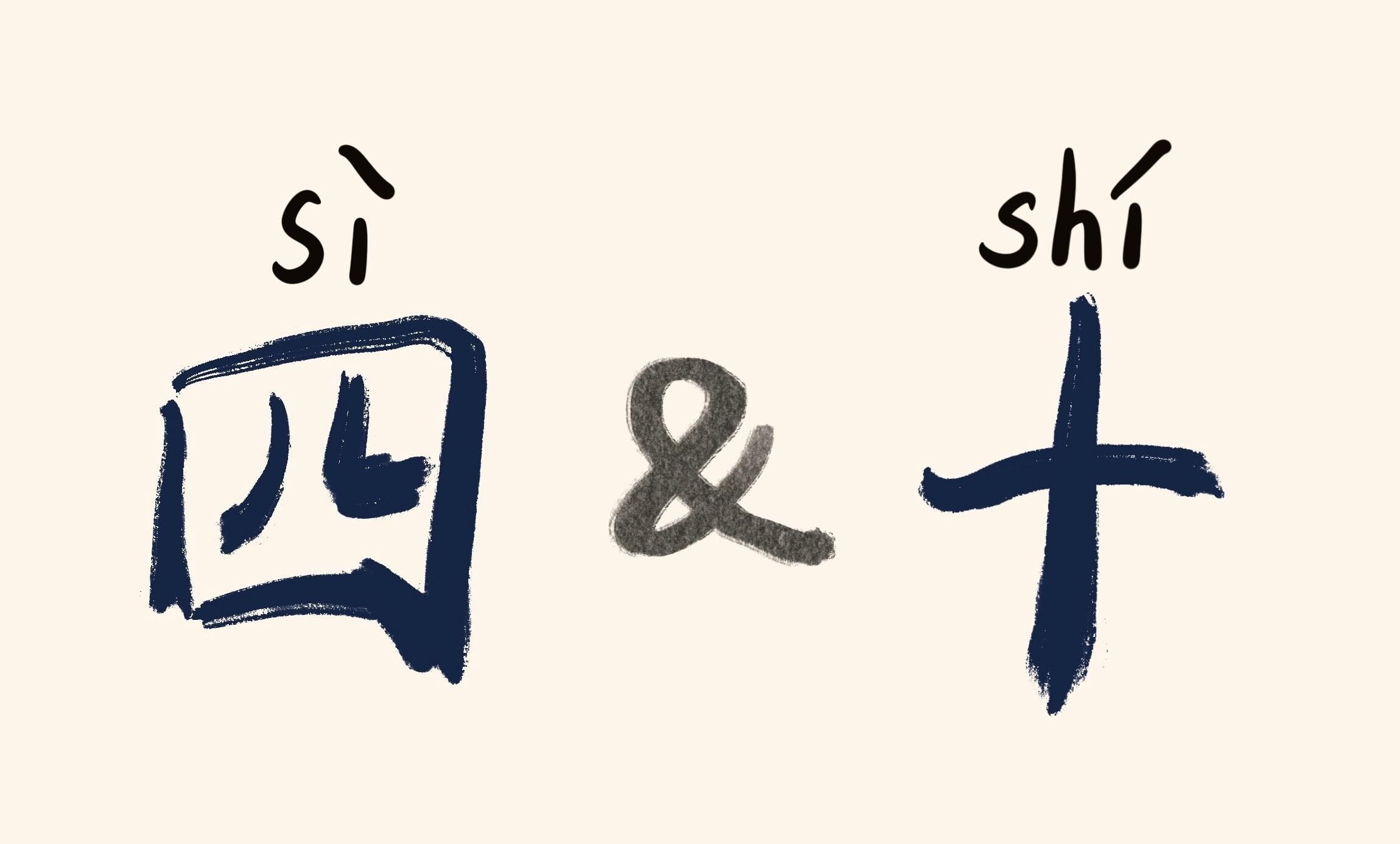
This well-known tongue twister challenges you on the pronunciations of si and shi, and it's a great one to master the subtle difference between the two sounds - it even comes with great tips about how to practice your pronunciation.
四是四,十是十。
十四是十四,四十是四十。
十四不是四十,四十不是十四。
要想说好四和十,全靠舌头和牙齿。
要想说对四,舌头碰牙齿。
要想说对十,舌头别伸直。
多多练习十和四,常常说说四和十。
Four (sì) is four, and ten (shí) is ten.
Fourteen (shí sì) is fourteen, and forty (sì shí) is forty.
Fourteen (shí sì) is not forty (sì shí), and forty (sì shí) is not fourteen (shí sì).
It's all about the tongue and the teeth to say four (sì) and ten (shí) well.
If you want to say four (sì) right, your tongue touches your teeth.
If you want to say ten (shí) right, don't straighten your tongue.
Practice ten (shí) and four (sì) as much as possible, and speak four (sì) and ten (shí) as often as possible.
5. 牛郎和刘娘 Cowherd Boy and Lady Liu - Tongue Twister for l/n Initials

This folk tongue twister is a great one to practice pronunciations of l and n initials. It tells a love story between cowherd boy 牛郎 (niú láng) and Lady Liu 刘娘 (liú niáng). Although the origin of this tongue twister story is unclear, it's likely based on the romantic Chinese folk tale of "The Cowherd and the Weaver Girl (牛郎织女)", which is the origin story of the Chinese traditional festival 七夕 (qī xī) on every seventh day of the seventh lunar month - the Chinese version of Valentine's Day.
牛郎恋刘娘,刘娘念牛郎。
牛郎连连恋刘娘,刘娘连连恋牛郎。
牛郎年年念刘娘,刘娘年年念牛郎。
郎恋娘来娘恋郎,念娘恋娘念郎恋郎。
牛恋刘来刘恋牛,牛念刘来刘念牛。
郎恋娘来娘恋郎,郎念娘来娘念郎。
The cowherd boy (niú láng) loves Lady Liu, and Lady Liu misses the cowherd boy.
The cowherd boy loves Lady Liu again and again, and Lady Liu loves the cowherd boy over and over.
The cowherd boy misses Lady Liu every year, and Lady Liu misses the cowherd boy every year.
The boy loves the girl and the girl loves the boy, (he is) missing and loving the girl, (and she is) missing and loving the boy.
Niu (the boy) loves Liu and Liu loves Niu, Niu misses Liu and Liu misses Niu.
The boy loves the girl and the girl loves the boy, the boy misses the girl and the girl misses the boy.
6. 白石塔 White Stone Tower - Tongue Twister for da and ta

This simple and catchy tongue twister practices pronunciations of da and ta, and is beginner-friendly.
白石塔,白石搭。
白石搭白塔,白塔白石搭。
搭好白石塔,石塔白又大。
The white stone tower, built with white stones.
Using white stones to build the white tower, and the white tower is built with white stones.
When the white stone tower is built, the stone tower is white and big (tall).
7. 鹅过河 Goose Crossing the River - Tongue Twister for e and he
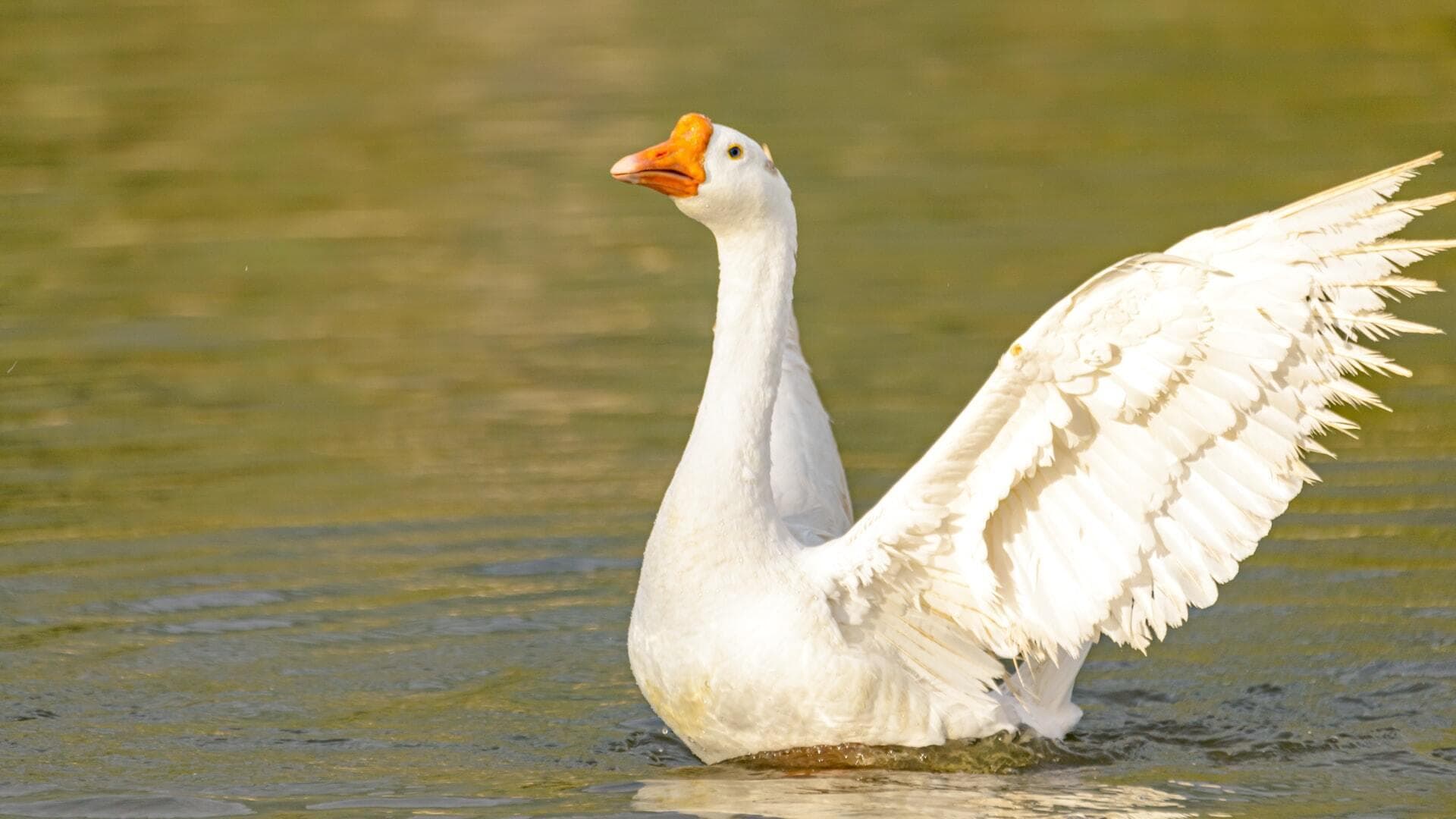
This beginner-friendly tongue twister focuses on e and he sounds, and it is also a well-known nursery rhyme. It tells a cute story of a pair of young brothers arguing whether it's the goose crossing the river or the river carrying the goose across.
哥哥弟弟坡前坐,坡上卧着一只鹅,坡下流着一条河。
哥哥说:宽宽的河,弟弟说:白白的鹅。
鹅要过河,河要渡鹅。
不知是鹅过河,还是河渡鹅。
An elder brother and a younger brother are sitting in front of a slope. There is a goose lying on the slope, and a river flows right below.
The elder brother says: the river is wide; the younger brother says: the goose is white.
The goose wants to cross the river, and the river will carry the goose across.
We don't know if it's the goose crossing the river or the river carrying the goose across.
8. 天上七颗星 Seven Stars in the Sky - Tongue Twister for ing Finals

This is a tongue twister for ing finals (pinyin word endings) written in a form similar to a five-character quatrain - a type of Chinese ancient poetry. It's a beautiful poem of a quiet house on a starry night.
天上七颗星,树上七只鹰,
梁上七个钉,台上七盏灯。
拿扇扇了灯,用手拔了钉,
举枪打了鹰,乌云盖了星。
There are seven stars in the sky, seven hawks on the tree, seven nails on the beam, and seven lamps on the table.
(He) took the fan and turned off the lamps, pulled out the nails with his hand, raised the gun, and shot the hawks, and the dark clouds covered the stars.
9. 画凤凰 Draw Phoenixes - Tongue Twister for f/h Initials
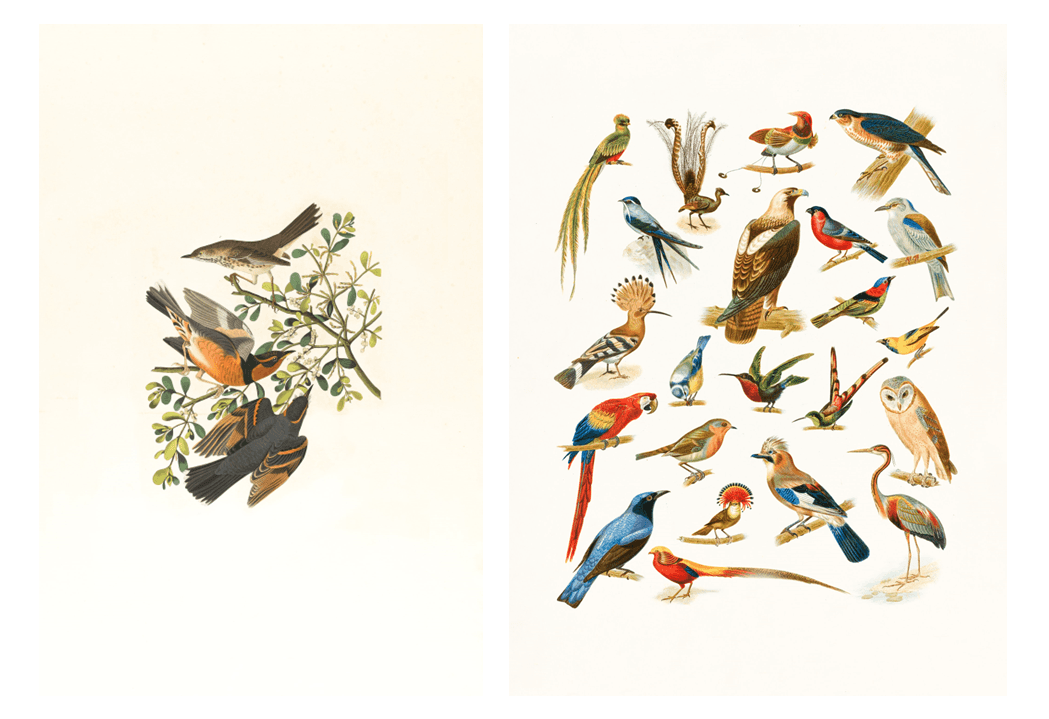
This tongue twister challenges the pronunciations of f and h initials. While it's a silly story about drawing colorful phoenixes on the wall, it can get quite tricky! So let's start slow and practice your pronunciation carefully with repetition.
粉红墙上画凤凰,凤凰画在粉红墙。
红凤凰、粉凤凰,红粉凤凰、花凤凰。
红凤凰、黄凤凰,红粉凤凰、粉红凤凰,花粉花凤凰。
The phoenix is painted on the pink wall (two patterns of the same sentence).
(There are) red phoenixes, pink phoenixes, red pink phoenixes, and floral pink phoenixes.
(There are also) red phoenixes, yellow phoenixes, red pink phoenixes, pink red phoenixes, and floral pink phoenixes.
10. 黑化肥和灰化肥 Black and Grey Fertilizers - Tongue Twister for f/h Initials
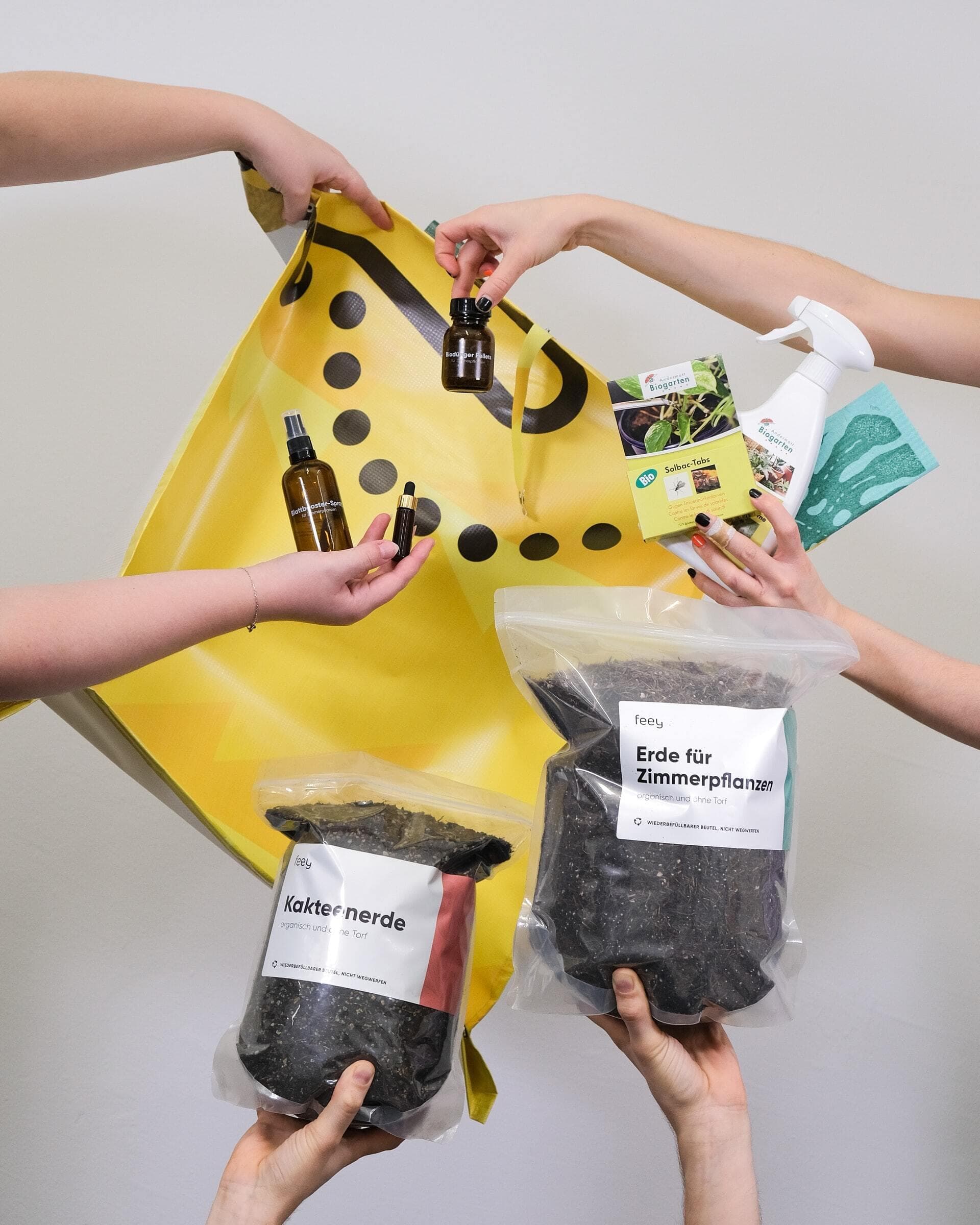
This may be the hardest tongue twister we have so far. Just as the one above, it also challenges you with f and h initials, and almost all characters are tricky! The story itself doesn't say much - just black and grey fertilizers (how boring and stupid). But if you can master this one, no more tripping up on f and h sounds ever again!
黑化肥发灰,灰化肥发黑。
黑化肥发黑不发灰,灰化肥发灰不发黑。
黑化肥发灰会挥发,灰化肥挥发会发黑。
Black fertilizer turns gray, gray fertilizer turns black.
Black fertilizer turns black but not gray, and gray fertilizer turns gray but not black.
Black fertilizer will evaporate when it turns grey, and gray fertilizer will turn black when it evaporates.
11. 鼓上画只虎 A Tiger Painted on Drum - Tongue Twister for u Finals

This short tongue twister helps you practice u finals, with a simple story of a tiger painted on a drum.
鼓上画只虎,破了拿布补。
不知布补鼓,还是布补虎。
A tiger was painted on a drum, and when it was broken, a cloth was used to mend it.
It's hard to know if the cloth will make up the drum, or if the cloth will make up the tiger.
12. 嘴和腿 Mouth and Legs - Tongue Twister for ui Finals
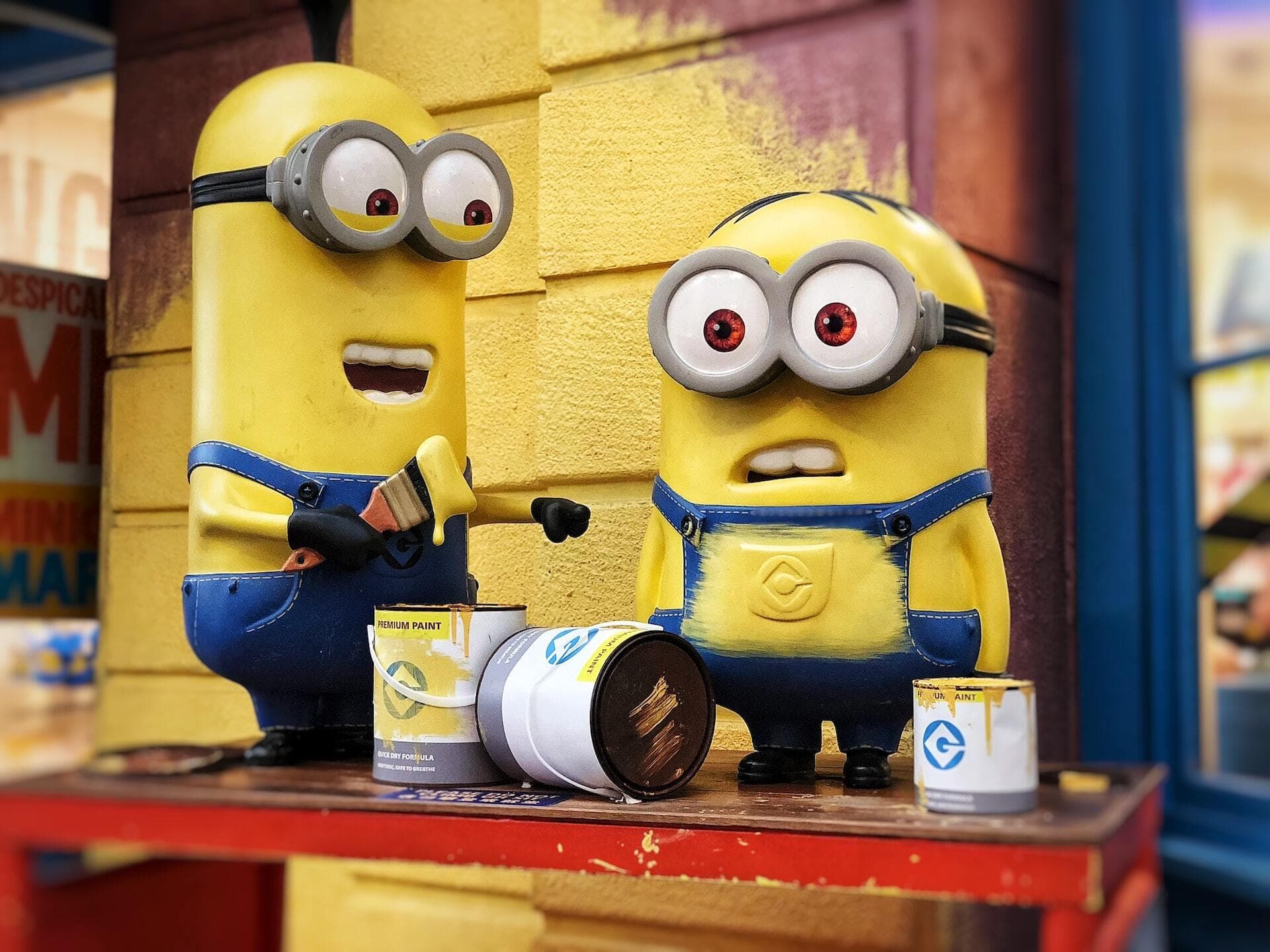
This is a fun and beginner-friendly tongue twister for ui finals about a debate between the mouth and legs, but it can be quite tricky to practice.
嘴说腿,腿说嘴。
嘴说腿爱跑腿,腿说嘴爱卖嘴。
光动嘴不动腿,光动腿不动嘴,不如不长腿和嘴。
The mouth blames the legs, the legs blame the mouth.
The mouth says that the legs like to run errands,
legs say the mouth likes to play tricks.
Only move your mouth and not move your legs,
or move your legs without moving your mouth,
it's better not to have either legs or mouth.
Tongue twisters are valuable tools for learning Chinese because they allow students to compare similar pronunciations and practice the same sound in different forms. The repetition of sounds will help students learn how to pronounce them correctly and with better fluency. At the same time, these tongue twisters often come with fun stories that are infused with Chinese culture. If you're looking for more resources on how to practice your Chinese, check out our fun tool that helps you build up your vocabulary and skills! It's a great way to learn Chinese.